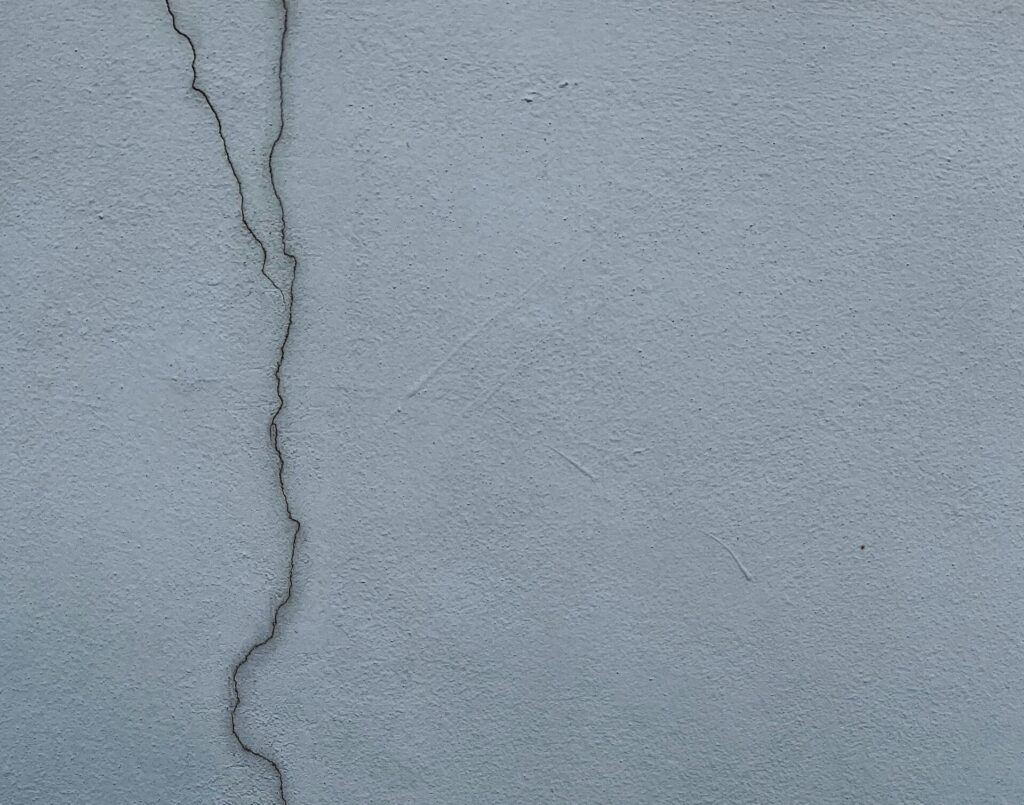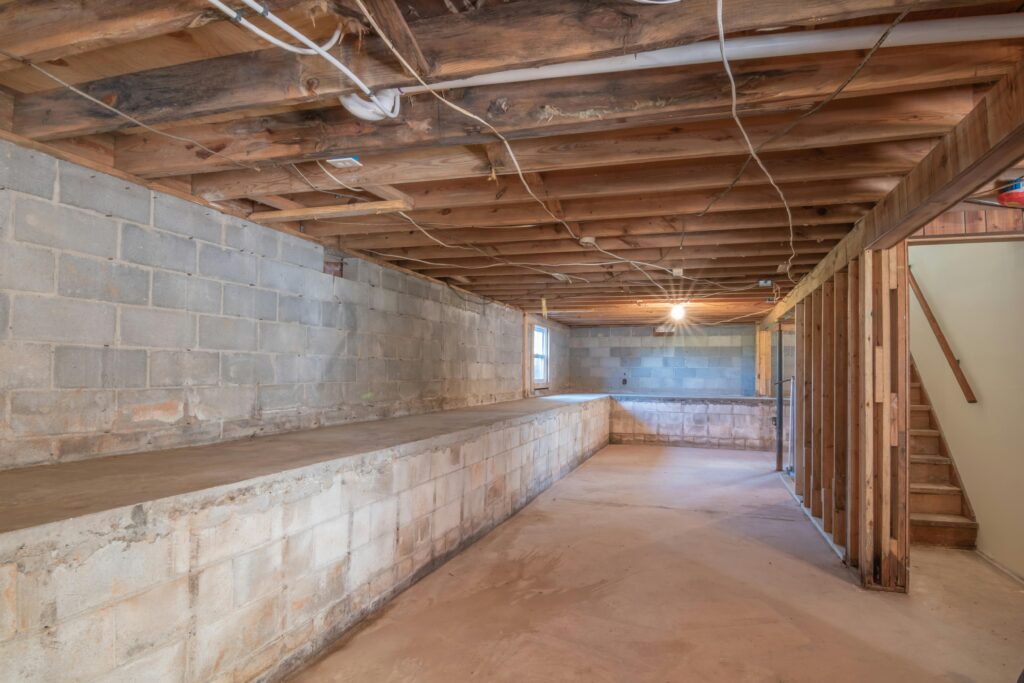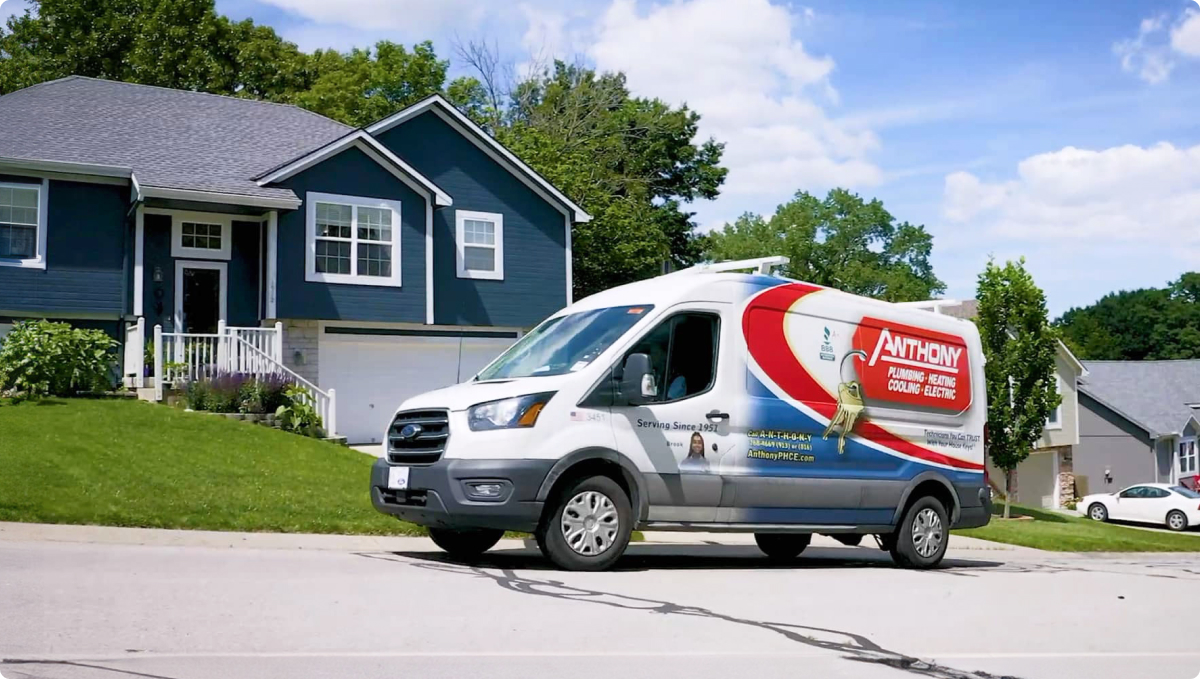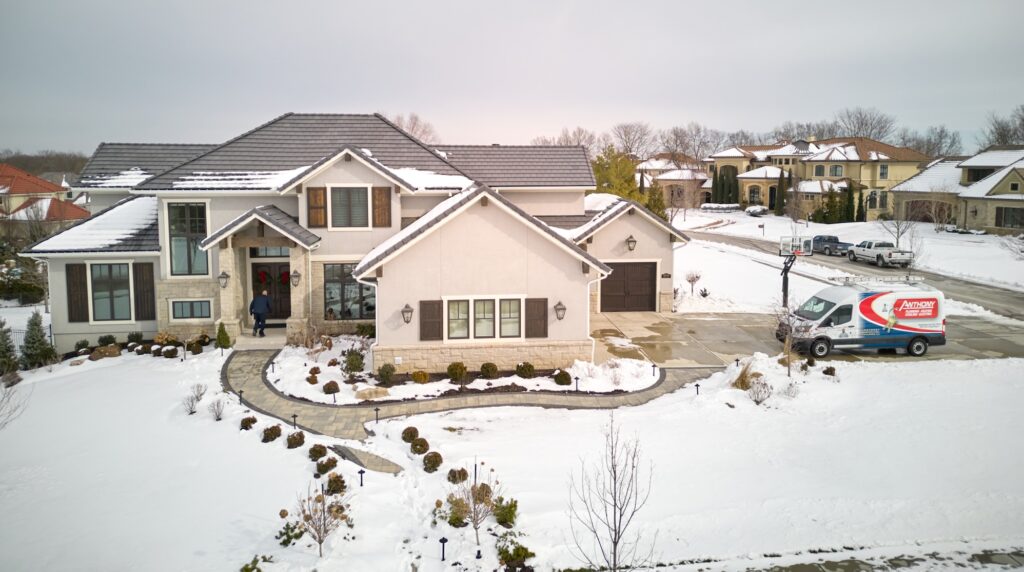BLOG
How Common Are Slab Leaks?

Slab leaks, while not everyday occurrences, are common enough to be a concern for homeowners, especially in areas with older properties. They occur in the water pipes running within or below the concrete floor of your home.
This can stem from various causes, leading to potentially significant property damage if not addressed promptly.
What Causes A Slab Leak?
Slab leaks are a common issue in many homes. Older homes in particular are built with concrete slab foundations on top of dated infrastructure.
Water leaks in your concrete slab can be caused by several underlying factors in older homes and newer ones, including:
-
- Corrosion: One of the leading causes of slab leaks is corrosion, particularly in copper pipes widely used in home construction. These pipes, often in direct contact with soil, may undergo a corrosive reaction over time. Soil compositions vary, and certain types can be particularly harsh on copper pipes, leading to gradual degradation and leaking.
-
- Abrasion: As water flows through pipes, natural expansion and contraction occur. This movement, seemingly minor, can cause significant wear and tear over time, especially when pipes are laid close to abrasive surfaces like concrete or gravel. The friction between the pipe and these materials can gradually wear down the pipe's exterior, eventually leading to leaks.
-
- Excessive Water Pressure: Homes’ foundations can shift due to various reasons like seismic activity, soil erosion, or nearby construction work. Such shifts can exert undue pressure on water pipes, especially those carrying hot water. This pressure can cause the pipes to bend, twist, or even burst, resulting in slab leaks.
The integrity of water pipes is crucial for maintaining a home's foundation and preventing water damage.
Therefore, understanding these causes is the first step in safeguarding your home against the detrimental effects of slab leaks.

Why Are Slab Leaks Bad?
Foundation leaks, if left unchecked, can have serious consequences for your home, ranging from structural issues to health hazards.
-
- Structural Damage: The most immediate and noticeable effect of a slab leak is water damage to your home’s foundation. Continual leaking water can erode the concrete foundation, weakening the structural integrity of the entire building. This erosion can lead to cracks in the foundation, walls, and even in the flooring.
-
- Mold and Mildew: Where there’s moisture, there’s the potential for mold and mildew growth. The accumulation of moisture from a slab leak creates a perfect breeding ground for these fungi, which not only damage your home but also pose significant health risks, especially to those with respiratory issues.
-
- Slab leaks, therefore, are not just a plumbing issue, but a threat to the safety and well-being of the residents. Detecting these leaks early can mitigate these risks and save homeowners from costly repairs.
Knowing the severity of slab leaks, it becomes crucial to detect them early.
Let's explore the signs that indicate the presence of a slab leak in your home.
How To Detect A Slab Leak
Early detection of a slab leak is essential in mitigating its impact. Homeowners should be vigilant for these common foundation leak signs:
-
- Warm Spots on Your Floor: If you notice warm areas on your floor, it could signal a leak in the hot water piping system beneath. This is particularly noticeable in homes with concrete slab foundations.
-
- Unusual Wet Spots: Random wet spots in your home, especially where plumbing is not visible, can be a sign of a slab leak. These spots might indicate leaking water from pipes beneath the concrete foundation.
-
- Increased Water Bills: A sudden and unexplained increase in your water bill often signals a leak somewhere in your home. It's wise to check your water meter to confirm unusual consumption, which might point to a hidden slab leak.
-
- Sound of Running Water: Hearing the sound of running water when all taps are closed is a clear indicator of a leak. This sound often comes from under the floors or behind walls, where slab leaks commonly occur.
-
- Detecting a slab leak early can save you from extensive damage and repair costs. If you suspect a slab leak, it's recommended to consult a professional for a thorough inspection and timely repair.
Slab Leak Solutions With Anthony Plumbing, Heating, Cooling & Electric
Let our professionals handle your slab leak. Anthony Plumbing, Heating, Cooling & Electric has a team of plumbers who utilize the latest leak detection technology to discover the source of your plumbing problems.
If you suspect you have a slab leak, please contact our team at (913) 298-0444 to set up an appointment.




